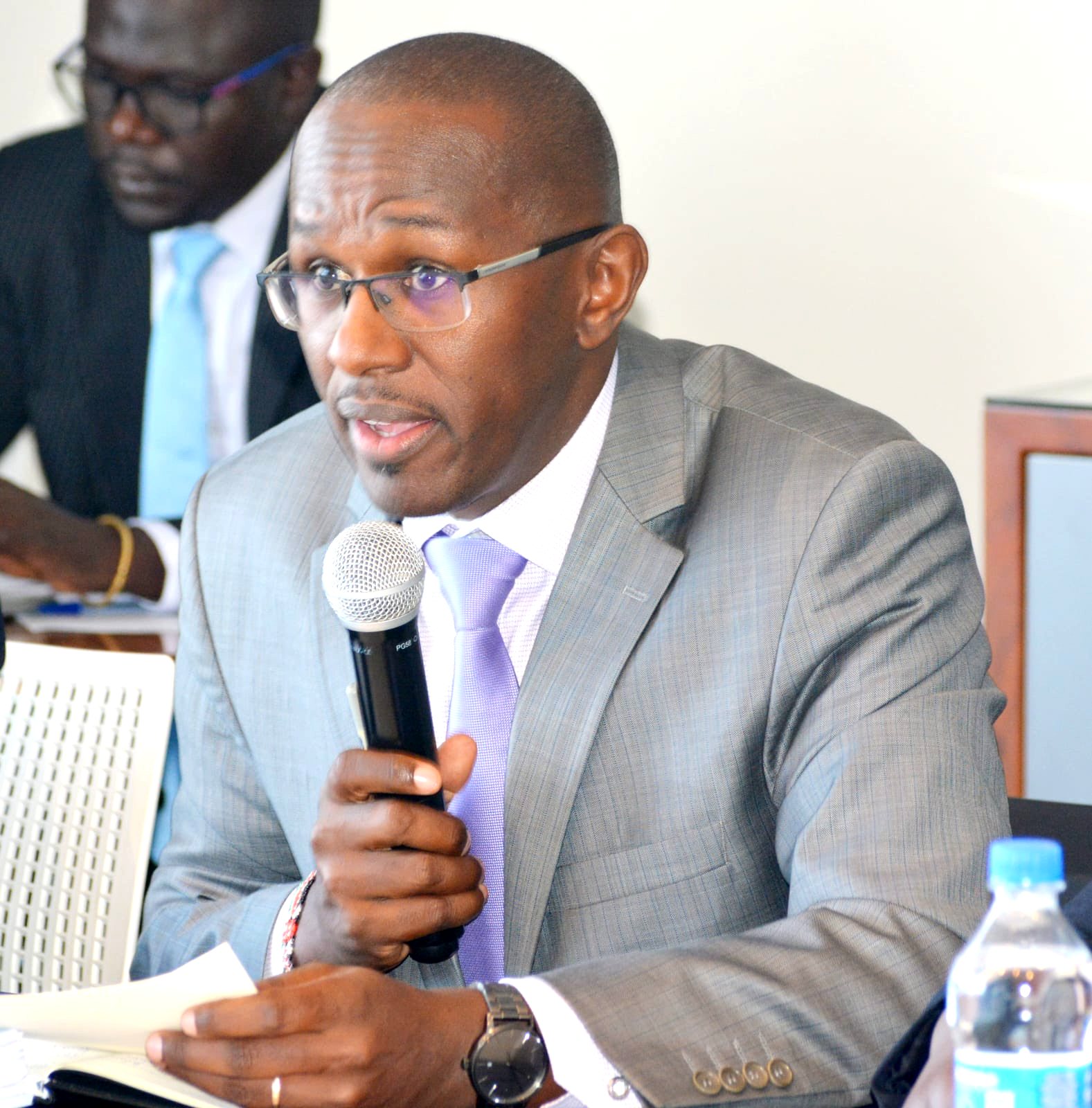By Sammy Chivanga
Just as the name suggests, Savings and Credit Co-Operative Societies (Saccos) are about members cooperating to create a pool of savings from which to borrow for growth.
The Sacco movement in Kenya is founded on trust because people mobilise money and take loans at attractive interest rates to achieve their dreams.
But the crucial aspect for the cooperative movement is a member using guarantors, usually fellow members, as security for the loan.
The Sacco’s model is based on traditional social values where members accept to cover others with hope that those they have guaranteed will reciprocate.
However, the rising case of members defaulting on payments is threatening the very crucial foundation that attracts people to Saccos; relying on each other for guarantee as opposed to assets such as land and log books.
Courts are now replete with cases of Sacco members suing colleagues over broken promises while many others silently service loans they had not planned for after their once trusted friends vanished.
Seven members of Stima Cooperative Society for instance in 2019 moved to a Cooperative tribunal in Nairobi seeking to stop the Sacco from deducting them money after the member they guaranteed Sh3.7 million defaulted.
The tribunal heard that the member was then an employee of Kenya Power in 2017 when he took the loan.
Court documents showed the member applied for voluntary early retirement without the knowledge of guarantors yet he had four years left for his contract.
The seven members lost the bid to stop Stima from deducting each of them Sh13,217 from their accounts monthly to recover a total of Sh379,355 from each.
“Due to the guarantee agreement we note that the 2nd respondent (Stima) would suffer great loss financially since there is no other collateral from which the defaulted amount can be recovered,” the tribunal said.
And legally, the Sacco is justified to deduct the amount, because guarantors had signed an agreement that in case of default, the loan may be offset against their deposits in the Sacco or by attaching their salaries.
But as many of such cases emerge, a rising level of mistrust among Sacco members is making it difficult for the model of guaranteeing each other to go on smoothly.
This has been worsened by the fragile economy that has seen thousands of workers, who are also Sacco members, lose jobs and therefore default on loans.
Non-performing loans (NPLs) ratio for deposit-taking (DT) Saccos for instance jumped to 9.12 percent in June 2020—the highest since 2012 when it was at 9.6 percent.
Gross loans stood at Sh426.4 billion meaning that the value of NPLs at the end of June was Sh38.89 billion in contrast with Sh25.79 billion at the end of December 2019.
The latest NPL ratio is far off than the maximum of five percent that is prescribed by the Sacco Societies Regulatory Authority (Sasra) and means more guarantors could find themselves in trouble as their fellow members default.
Alarmed by the rising loan defaults, Saccos have reacted by slamming breaks on the pace of lending to avoid elevating loan losses.
The Commissioner for Cooperatives Development Geoffrey Njang’ombe says the current law is sufficient to ensure smooth lending in the cooperative movement.
He however says members should ensure they have the capacity to comfortably guarantee others.
“We don’t have serious issues where Saccos follow the laid down structures for proper evaluation of loans. Those guaranteeing should also have the capacity to do so,” said Njang’ombe.
“A weakness of any society like poor record keeping should not be seen as a weakness in law. The member has a duty to make an informed decision such as not guaranteeing somebody a loan with a maturity beyond their retirement period.”
The law of contracts— in which the rights and responsibilities of guarantors are captured—allows financial institutions such as Saccos to go for the guarantor once the principal debtor is in breach.
The National Assembly had in September 2019 passed the Law of Contract (Amendment) Bill, 2019 requiring creditors to realise the assets of the principal debtor before turning to guarantors.
However, President Uhuru Kenyatta last February refused to assent to the Bill, arguing that it would affect creditors by making debt recovery longer and more expensive.
“By requiring a creditor to realise all assets, the Amendment Act presupposes that the creditor has security over the assets or can cause a liquidation of the assets,” Bowmans Kenya, a law firm, had argued.


